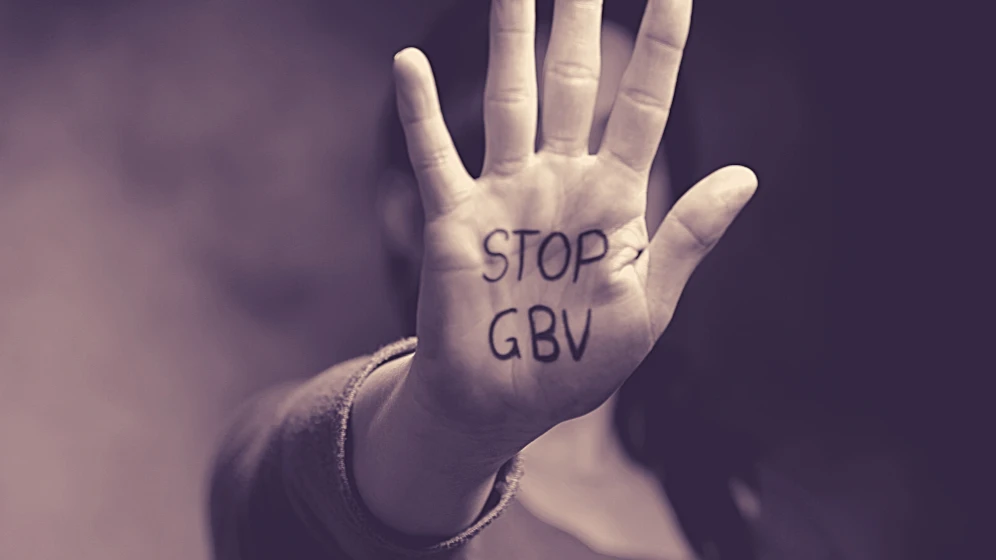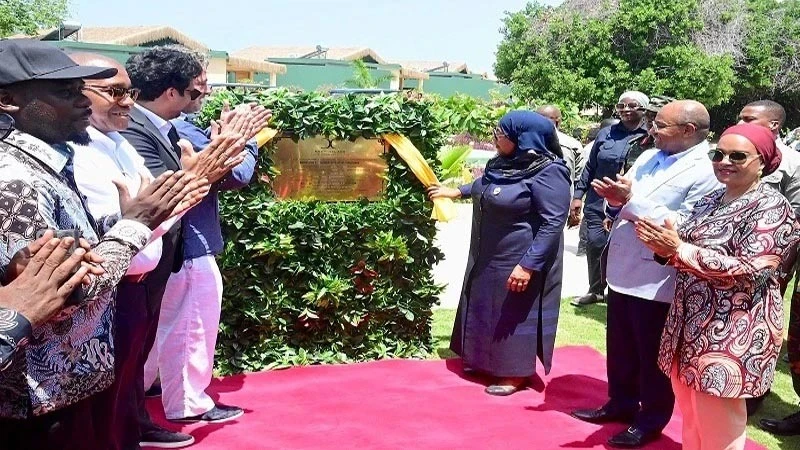Breaking down patriarchal society key to ending GBV

THERE was high-profile ‘dialogue’ at midweek on gender-based violence, most of it at the domestic level, over conjugal violence and pernicious violence tied to tribal rituals.
A researcher fronted the need to integrate traditional rituals into the country’s primary and secondary education system to raise the right sort of outlook among girls and boys.
The long-serving academic believes that this would change perceptions and enable children, while growing up, to sever loyalty to harmful practices to human rights.
The senior research fellow with Tanzanian think-tank REPOA aired this view at the launch of a book compiled from various research endeavours, entitled ‘Women on Women Violence in Tanzania: Current realities and Future Directions’.
The issue is whether the basic observation there is valid – that arming girls and boys with such knowledge in the issues early on will help them recognise their roles in a positive way.
The issue is whether they would refuse to perpetuate gender stereotypes by enabling them to choose to be part of the solution, including by rejecting the practices.
What was salutary in the researcher’s observations, while definitely not a unique finding, is that women are usually the victims but meanwhile also perpetrators of harmful practices.
The reason is that these practices are tied to the sense of belonging in patriarchal clan set-ups and associated beliefs, and thus there is need to effectively combat female genital mutilation and other similarly objectionable practices.
The researcher was a bit simplistic about the oft-repeated need to challenge patriarchal power and gender stereotypes as well as the dominant idea of social relationships based on the ‘construction of femininity’ as a mode of living and cultural obligations.
This has been the theme for activists and campaigners since the gender sort of activism started in the United States in 1973, was spread around the world in tandem with environmental concerns.
The idea that incorporating lessons on gender and harmful traditional practices as topics in schools would make a difference flies in the face of the facts, as experience shows that people have new ideas only when they live differently.
With 80 per cent of Tanzanians still eking a living from farms, little change can be expected in the attitudes of those growing up there – and this irrespective of what is taught in schools.
Patriarchal tenets are inexplicably tied with the language and the soil and only by changing occupations, living in a mixed society with newcomers, can attitudes be changed.
When applied in a sufficiently wide context, the 4Rs (Reconciliation, Resilience, Reform and Rebuild) philosophy set out by President Samia Suluhu Hassan offers greater promise of altering societal modes of outlook and gender stereotypes than educating children on the ills of these issues in some classroom component or setting.
Ideas generated in a learning environment need to be backed up by an explicitly positive reality outside so that espousing them does not just put their bearers to shame.
There is a pervasive belief that a rebellious young person risks a curse or some form of excommunication from village life, even if the researcher may not have cited there.
Top Headlines
© 2025 IPPMEDIA.COM. ALL RIGHTS RESERVED

















